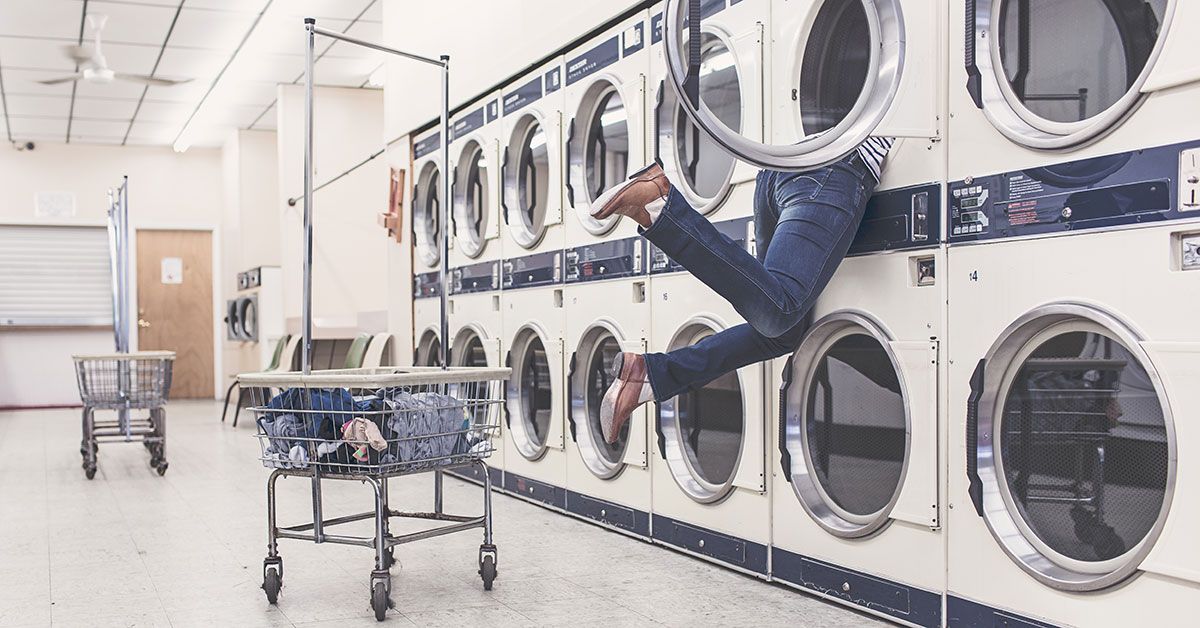Guarding Your Home Against Domestic Appliance Hazards
Guarding Your Home Against Domestic Appliance Hazards
In the tranquillity of our homes, we often overlook the silent threats lurking within our trusted domestic appliances. The recent devastating house fire in Harwich, Essex, serves as a stark reminder that even the most commonplace devices can turn into potential hazards. A tumble dryer, seemingly harmless, transformed into a fiery catastrophe, leaving a family homeless and their lives in shambles. In this article, we delve into the alarming risks associated with domestic appliances, dissect the main culprits, and equip you with essential knowledge to safeguard your home and loved ones.

The Harwich House Fire: A Wake-Up Call
The harrowing incident in Harwich, where a tumble dryer ignited a blaze that engulfed a family’s home, highlights the stark reality that domestic appliances pose a substantial risk, and we must not underestimate their potential for disaster. In this particular case, the tumble dryer caught fire, causing damage which rendered the house temporarily uninhabitable. Fortunately, no lives were lost, but the family was left homeless.
The Main Problems Associated with Domestic Appliances
-
Faulty Wiring and Components: Aging appliances or those with poor maintenance can develop faulty wiring or damaged components, increasing the risk of electrical fires.
-
Overheating: Appliances left running for extended periods can overheat, especially if vents or cooling systems are obstructed, potentially leading to ignition.
-
Manufacturing Defects: Poorly manufactured appliances may have inherent design flaws or subpar components that can malfunction, sparking fires.
-
Gas Appliances: Gas leaks from stoves, ovens, or heaters can result in gas explosions or fires if not detected and addressed promptly.
-
Ignored Recalls: Some manufacturers issue recalls for appliances due to safety concerns. Ignoring these recalls can lead to catastrophic consequences.
- Lack of Maintenance: Most appliances require simple ‘maintenance’ to ensure they continue to function correctly. This might be as simple as emptying the lint trap or water collector regularly. But without doing so, you run the risk of causing potentially catastrophic problems.
How to Combat Domestic Appliance Hazards
-
Regular Maintenance: Schedule regular maintenance checks for your appliances, especially those with heating elements or electrical components. A professional inspection can identify and rectify potential issues.
-
Keep Ventilation Clear: Ensure that appliances have proper ventilation, and regularly clean filters and vents to prevent overheating.
-
Gas Safety: If you have gas appliances, install carbon monoxide detectors and schedule annual gas safety checks by certified technicians.
-
Recall Awareness: Stay informed about recalls for your appliances. Register your products with the manufacturer to receive recall alerts.
-
Replacement and Upgrades: Consider replacing older appliances with newer, more energy-efficient models that adhere to updated safety standards.
-
Fire Safety Equipment: Install smoke detectors and fire extinguishers in your home. Test smoke detectors regularly and replace batteries as needed.
The harrowing house fire in Harwich, Essex, is a sombre reminder of the grave risks that domestic appliances can pose. To protect your home and loved ones, prioritise appliance safety through regular maintenance, awareness of recalls, and responsible usage. Never underestimate the potential for disaster, as a proactive approach can save lives and property. Following the family’s ordeal in Harwich, let us be vigilant and committed to ensuring our homes remain safe havens, free from the threats that dwell within our trusted appliances.
Contact Us
Whilst the day-to-day maintenance and running of your domestic appliance is straight-forward, Infinity Home Services are available 24/7 to assist you with ensuring they remain safe and functional. Simply complete the form below or call us on 0800 148 8088 and our friendly team will be able to assist you.



